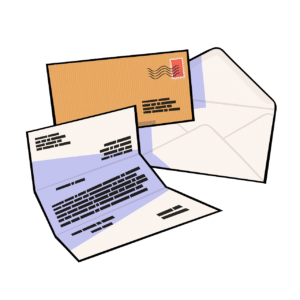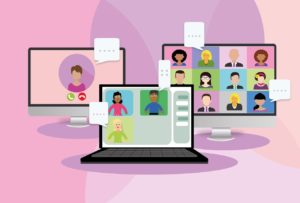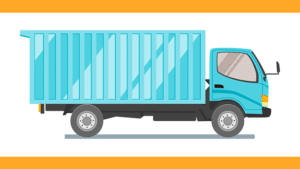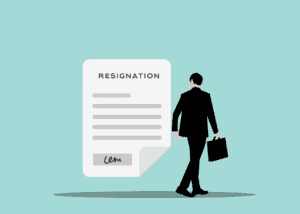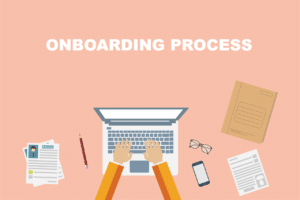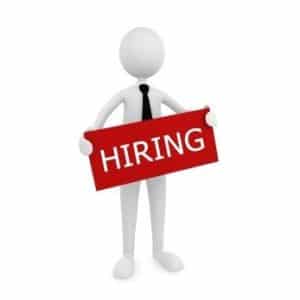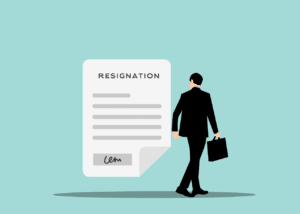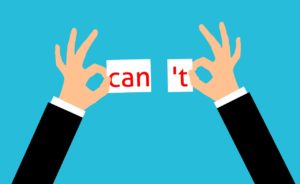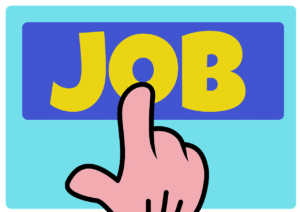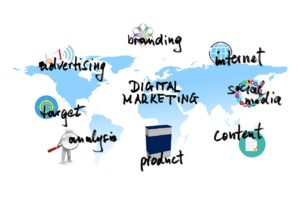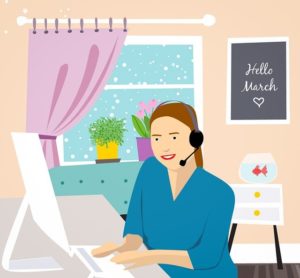This is the second blog in the series I’m doing on interview tips. As an experienced job seeker, there’s nothing I dislike more than ready cheesy interview tips which tell you exactly how to behave. My last post on the importance of body language in an interview offered some useful tips on the non-verbal signals you give out during the interview process. This post focuses on tips which you don’t hear everyday. It’s common knowledge that you shouldn’t chew gum during an interview, but unless you have your head in the clouds you could deduce this using common sense and general manners.
We all have a certain amount of common sense at our disposal, but there are many aspects to an interview that fall outside of this realm. Here are five interview tips you don’t hear everyday:
Google Alerts
This one is pure genius. I’m sure you’ve been told that you should research a company before attending the interview, but did you know you can actually sort of spy on a particular one? Google Alerts is like the private eye of the internet, allowing you to keep tabs on anything you want by simply typing in search terms and signing into your Gmail account. This is a great way of being tuned into a company you’ve applied for, and will provide you with a wealth of information that is much more substantial than the About page of the company website.
Edit Your Social Media
Many of us make the simple mistake of simply forgetting about our social media before being interviewed. We’ve done lots of research, prepared immaculate anecdotes and answers, and bought a new outfit for the special day. Well, all of this preparation is kind of worthless if you forget to change your drunken photos from public to friends only. You might also want to check to ensure your trolling about politics or a celebrity you hate pops up. The best way of tailoring your social media to be employer friendly is to simply conduct a Google search of your own name (come on, we’ve all done this before). Hopefully, nothing embarrassing pops up, but if it does, you need to figure out how to delete the comment or photo from the site in question. And while you’re at it, you might take a quick peek at the image section of Google, too. Better safe than sorry.
Avoid Predictable Answers
If you’ve truly been doing ample research about how to ace an interview, you should know that there are answers to popular interview questions that interviewers absolutely hate. The best example of this is the ‘What’s Your Greatest Weakness’ question. It is a serious faux pas to say that your greatest weakness is your perfectionist streak, or you’re too nice, or anything that is a compliment to yourself in disguise. When an interviewer asks this, they want to know that you’re self-aware enough to actually provide an honest answer. Only someone who is immature and dreadfully insecure says the perfectionist thing.
It might appear on the surface that admitting to your flaws during a meeting that can potentially set your career in motion is a terrible decision. But let’s think about it logically: the interviewer is trying to get to know the real you, not some robot version of you who only says the right things. Particularly for long-term positions, they do not want to invest their time and energy into someone who won’t be the right fit for the company.
Therefore, before you even set foot in an interview room, think long and hard about your personality, and what flaws you have. This is one of the most popular interview questions out there, so it’s essential that you’ve thought about it somewhat or you won’t know what to say. And yes, many articles on this subject tell you to craft your weakness into an answer that shows how you’re working to improve it, or can turn it around altogether into a positive thing. However, I disagree with this way of doing things, as it makes you sound just as robotic as saying you’re a perfectionist. This partially depends on what your weakness is:
If your ‘weakness’ is being too shy, this is a component of your personality. It is wrong to craft an answer that says you will read some self-help books and suddenly become an exhibitionist. There are simply some things about us that may be perceived as a weakness, but are just part of who we are.
Conversely, if your weakness is procrastinating (this is me, big time), this is something that can genuinely be worked on and improved. Writing lists, setting goals, or setting an alarm are all things that can reduce your level of procrastination.
As you can see, some weaknesses are simply who you are, others are how you behave. It’s your responsibility to figure out which is which and think about what you’re going to say in the interview. Generally, the ‘who you are’ weaknesses should be alluded to without providing an avenue for change, and the ‘how you behave’ ones should include some sort of plan for improvement.
Thus, it’s tempting to only use ‘how you behave’ weaknesses in the ‘What’s Your Greatest Weakness’ question so you can bolster it with details about how you intend to improve it. However, it might be refreshing to an interviewer to hear about your personality flaw and difficulties you may have faced because of it. With regards to ‘who you are’ weaknesses, there are always pros and cons pertaining to the trait. As such, you can potentially provide a very well-rounded answer as long as you’re willing to discuss the events in your life which have been shaped by it.
References













